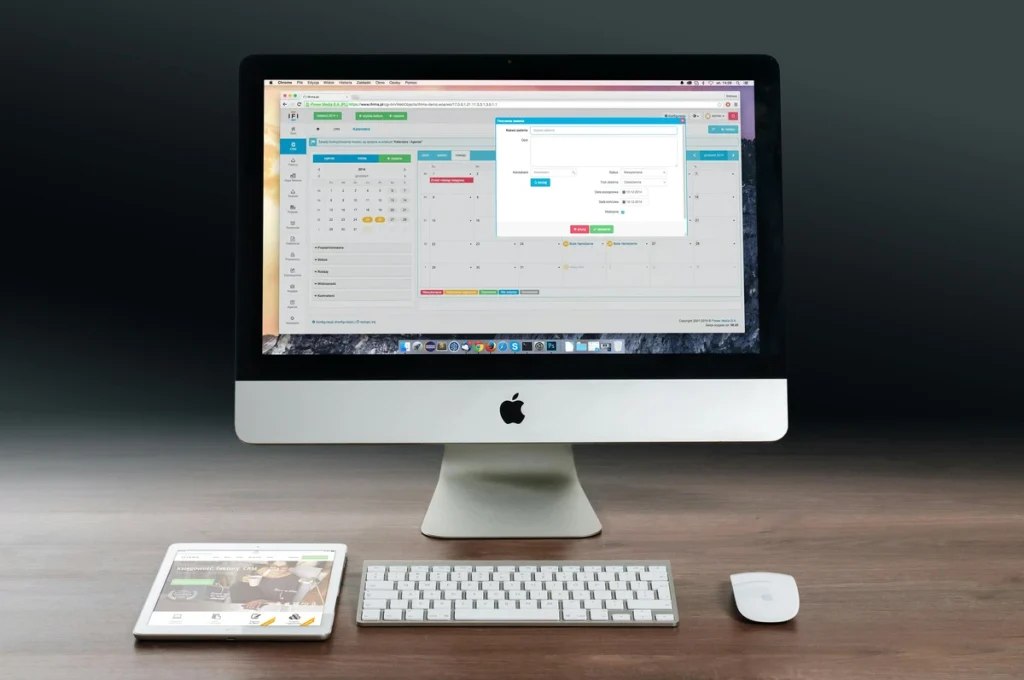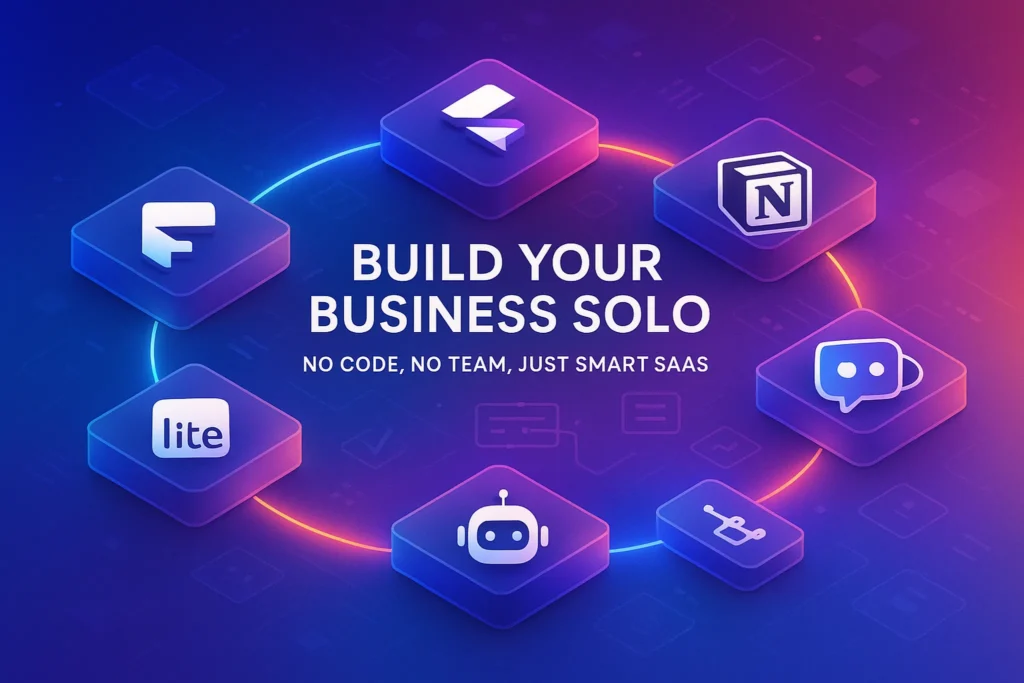🚀 Why Small Businesses Need Affordable Analytics in 2025
Running a small business today means competing in a world where data-driven decision-making is no longer optional—it’s essential. Whether you’re tracking customer behavior, monitoring ad campaigns, or measuring website conversions, analytics tools provide the visibility you need to grow. The challenge? Most small businesses don’t have the budget to spend thousands of dollars per month on enterprise-level software.
That’s where affordable analytics platforms come in. They combine powerful tracking capabilities with budget-friendly pricing, making it possible for solopreneurs, local businesses, and startups to compete with larger players. In fact, smart analytics adoption is one of the fastest ways for small businesses to stretch marketing budgets while still unlocking insights that lead to growth.
From website tracking to social media performance monitoring, the right tool can simplify everything. If you’ve already explored our breakdown of how to automate your marketing reports, you’ll know that automation and affordability often go hand in hand. Today, we’ll go deeper into which analytics solutions can deliver maximum value without draining your wallet.
📊 What Makes an Analytics Tool “Affordable” Yet Powerful?
Affordability doesn’t simply mean low monthly costs. It’s about value for money—getting the features you actually need without paying for enterprise extras that small businesses rarely use. For example, a local bakery may not need advanced machine learning-based predictive analytics but absolutely requires real-time sales tracking and customer segmentation.
Affordable analytics tools usually fall into three categories:
-
Website & Conversion Analytics: Tools that help you track website visitors, conversions, and funnels.
-
Marketing Campaign Analytics: Software focused on measuring ad spend ROI, social engagement, and affiliate performance.
-
Business Intelligence Lite Platforms: Simplified dashboards that aggregate multiple data sources.
This is why many startups choose options like Google Analytics (still free at its core), Mixpanel for event tracking, or even lightweight dashboard tools like Databox. The key is finding scalable solutions that grow with you—so you don’t have to switch platforms every six months.
🛠️ Affordable Analytics Tools Worth Considering in 2025
✅ Google Analytics 4 (GA4)
Google Analytics remains the backbone of digital tracking for most businesses. Even in 2025, GA4 is free, robust, and integrates easily with other Google tools. The event-driven model lets you understand exactly how users interact with your site or app.
For small businesses, the benefits are clear:
-
Zero upfront cost
-
Easy integration with Google Ads and Search Console
-
Ability to set up goals, funnels, and e-commerce tracking
The learning curve can feel steep at first, but the ROI is undeniable. For advanced setups, pairing GA4 with a reporting layer (like Looker Studio) provides enterprise-level insights without the enterprise cost.
✅ Matomo (Open Source & Privacy-Focused)
If privacy is a priority—or if you operate in regions with strict data laws—Matomo is an excellent Google Analytics alternative. It offers similar event tracking and reporting features, but the data stays on your servers.
The self-hosted version is free, while their cloud-hosted service starts at a modest monthly fee. This makes it attractive to small businesses that want control over customer data without compromising on functionality.
✅ Mixpanel (Event Analytics for Growing Startups)
For businesses focused on user journeys and engagement funnels, Mixpanel is a game-changer. While its enterprise plans are pricey, the free and lower-tier options are surprisingly generous. Small businesses can track user sign-ups, retention rates, and product interactions with ease.
Mixpanel shines when paired with growth strategies that rely on tracking customer behavior. If you’re already testing tools to track affiliate marketing performance, Mixpanel’s segmentation will feel like a natural extension.
✅ Plausible Analytics (Minimal & Lightweight)
Not every small business needs complex dashboards. Plausible is a lightweight, privacy-friendly analytics tool that gives you website insights without overwhelming you with metrics.
It’s particularly great for businesses that need simplicity:
-
Clean dashboards for traffic, sources, and conversions
-
GDPR-friendly and cookie-free
-
Starts at a few dollars per month
Plausible is perfect for small teams that just want a quick, actionable overview without deep data dives.
✅ Zoho Analytics (Budget Business Intelligence)
For businesses that want more than just website metrics, Zoho Analytics provides a low-cost BI solution. It aggregates data across sales, marketing, and customer service—turning spreadsheets into automated dashboards.
The platform integrates seamlessly with Zoho’s other tools, making it a natural fit for businesses already using Zoho CRM or Zoho Campaigns. If you’ve considered setting up automatic reporting dashboards without a developer, Zoho Analytics is one of the most accessible entry points.
📬 Want More Smart AI & Marketing Insights?
Join our free newsletter and get weekly breakdowns of affordable tools, automation hacks, and growth strategies—delivered straight to your inbox.
🔐 100% privacy. No spam. Just actionable insights for smart small businesses.
Real-Life Use Cases
Once you’ve explored these affordable analytics tools, it helps to see how they work in practice. Imagine a small coffee shop using Google Analytics alongside a low-cost POS integration: they discovered that Instagram ads brought in more morning traffic compared to Facebook. Or take a small e-commerce store using Matomo; by tracking bounce rates and conversion funnels, they learned that offering free shipping at checkout increased their monthly sales by 18%. These real-life examples highlight that analytics is not just about numbers—it’s about insights you can act on immediately.
🎨📌 Checklist: Must-Have Features in Affordable Analytics Tools
-
Clear reporting dashboards that don’t require a data science degree
-
Integration with key platforms (ads, CRM, website, e-commerce)
-
Scalable pricing plans that start small and grow with you
-
Automation features like scheduled reports or alerts
-
Strong privacy controls and compliance with data laws
📊 Mini Comparison Table
| Tool | Starting Price | Best For | Standout Feature |
|---|---|---|---|
| Google Analytics | Free | Website traffic & conversions | Robust ecosystem |
| Matomo | Free / Paid | Privacy-focused tracking | Data ownership |
| Mixpanel | Free / Low-tier | Event analytics & funnels | Advanced segmentation |
| Plausible | $9/month | Simple website analytics | Lightweight reporting |
| Zoho Analytics | $24/month | Business-wide insights | CRM integrations |
🧠 Nerd Picks
Looking to start tracking smarter without blowing your budget?
👉 Try Plausible Analytics or Zoho Analytics for budget-friendly options, or consider Mixpanel if customer behavior insights are your priority.
💡 Nerd Tip: Many of these tools offer free trials. Test at least two platforms side by side before committing.
Data Literacy Tips
Owning analytics software doesn’t automatically translate into smarter decisions. Small business owners should build basic data literacy—knowing how to read, interpret, and apply metrics. Instead of drowning in vanity metrics like page views, focus on actionable indicators such as ROI per campaign, lead conversion rate, or average revenue per customer. For example, if you see a spike in traffic but no increase in conversions, the data points to a landing page problem rather than a traffic issue. Developing this mindset makes every dollar spent on analytics worth it.
Integration with Other Systems
Another overlooked advantage of modern analytics platforms is how easily they integrate with other tools. Even affordable solutions can connect with CRM systems, email marketing software, and social media dashboards. For instance, linking analytics with Mailchimp helps you track which campaigns generate the highest ROI, while connecting with Shopify or WooCommerce ensures you see revenue attribution in real time. This integration layer saves small businesses from juggling disconnected reports and creates a single source of truth for decision-making.
Hidden Costs & Pitfalls
It’s important to be aware of potential pitfalls when adopting analytics tools. Many services advertise “free” plans, but these often come with data caps, limited storage, or a ceiling on monthly users. As your campaigns scale, you may face sudden jumps in cost. Another common issue is over-complicating dashboards with too many metrics, which overwhelms rather than empowers decision-making. By focusing only on KPIs that truly matter—like customer acquisition cost, churn rate, and conversion—you’ll avoid paying extra for features you don’t need.
Long-Term Scalability
One common concern for small business owners is whether today’s affordable tools will still serve them when the company grows. The good news is most platforms scale smoothly. You can begin with a free or low-tier plan, and as your needs expand, upgrade to higher tiers with more advanced reporting, multi-user access, and AI-driven insights. This means your initial investment is safe—you’re not locked into a tool that becomes obsolete after your first growth spurt.
Connection to Future Trends
Finally, it’s worth looking at where analytics for small businesses is heading. The future is AI-driven: many platforms are already rolling out features that automatically highlight anomalies, predict churn, or recommend the best time to launch campaigns. This evolution means affordable analytics won’t just report the past—they’ll actively guide decision-making. For founders who embrace these trends early, the payoff will be not only better reporting but smarter strategy execution.
🧠 Nerd Verdict
Small businesses don’t need expensive enterprise platforms to access world-class analytics. The most affordable tools today—GA4, Mixpanel, Plausible, Zoho Analytics, and Matomo—strike the balance between cost and capability. By choosing tools that align with your specific needs, you can build a lean but powerful analytics stack that scales with your growth.
❓ FAQ: Nerds Ask, We Answer
💬 Would You Bite?
If you had to pick just one tool from this list for your small business, which would it be—and why?
Share your pick in the comments below, and let’s compare strategies. 👇



